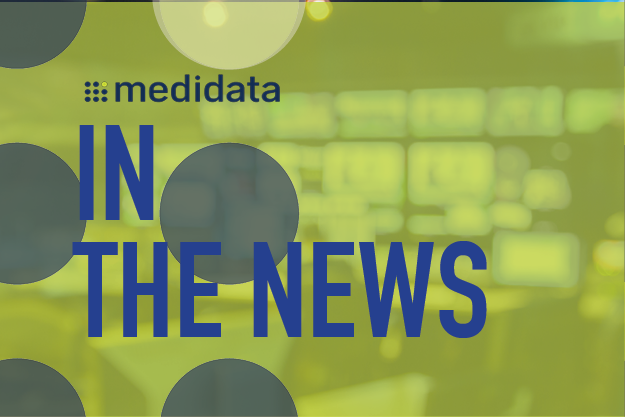The Impact Of Artificial Intelligence on Data Analytics


Artificial intelligence (AI) and its ability to impact data analytics is on everyone’s mind. The percentage of global corporate conference calls that mention AI terms is approaching 20%, according to a Global Investment Outlook report from BlackRock Investment Institute in June 2018. Meanwhile, the McKinsey Global Institute estimates that AI could add $100 billion in value to the life sciences industry annually.
“As more organizations continue to experiment with this technology in new industries, the data analytics landscape is likely to change in at least one big way: We will see a significant boost in the collection of unexpected types of data,” explains Adam Persing, PhD, Chief Data Scientist, PeerSourcing Solutions. “For example, AI can draw inferences on prescriber preferences through quick, game-like exercises. Such techniques used to be limited to qualitative spaces, but the rise of AI and cheaper computing power means these techniques can now be performed at scale, with statistically significant results describing how entire target audiences think and feel.”
Of course, AI itself is not a new field as it dates back to the invention of modern computing, as Alfred Whitehead, SVP, Data Science, Klick Health, is quick to point out. But, what is new are the advancements made in deep learning and natural language processing (NLP).
“Deep learning has made great strides in understanding perceptual data, or in other words, signals gathered from the real world, such as images, voice, audio, and other continuous signals,” Whitehead adds. “For pharma, biomarker signals (data generated by the body) represent a big opportunity to advance the state of healthcare. For example, in terms of diabetes, we can expect a shift away from long-term average signals, such as A1C levels, and place more emphasis on the continuous short-term variation of the underlying biology, such as frequently sampled blood glucose levels. This shift will change how we think about dosage, compliance, adherence, and treatment planning.”
The Issues with Data
While improvements in NLP can help extract more value from the mountains of text-based information in healthcare, the industry still has several issues to address in this area—starting with developing a standard lexicon everyone can use.
“The forced in-house development of proprietary tools and lexicons has created confusion and misinterpretation across the industry,” says George Tenney, Senior Database Manager, ICON, plc. Outcome and Commercialisation. “Robust, open health lexicons would exponentially augment the ability of all players in the healthcare industry to process, analyze, and gain insights from unstructured healthcare data, such as medical and pharmaceutical claims, electronic health records, formulary coverage, and restrictions.”
Another issue that marketers must deal with: Data privacy. Yes, pharma is already equipped to handle this issue due to HIPAA, but a couple of recently passed regulations have added a few new wrinkles to data privacy: The EU’s General Data Protection Regulation (GDPR) and the California Consumer Privacy Act of 2018. In terms of the GDPR, Michael Lohan, Head of IDA Ireland’s life sciences, engineering, and industrial technology division has been helping U.S. pharma companies operating in Ireland prepare for the new regulation.
“The industry has experienced minimal disruption while implementing the requirements of the new law as it relates to the ability to collect or use data,” Lohan explains. “However, being consistently compliant will require companies to internally add resources. There will be a cost associated with managing the practices, the skill sets, and the discipline that’s required. The industry will need a hybrid of technical and legal expertise. Externally, being successful with GDPR hinges around working with a data commissioner that is proactive, open, and understands the industry. It will be essential that companies operate in locations that have a proven track record of excellence in data compliance, as this competency is now the law of the land in the EU.”